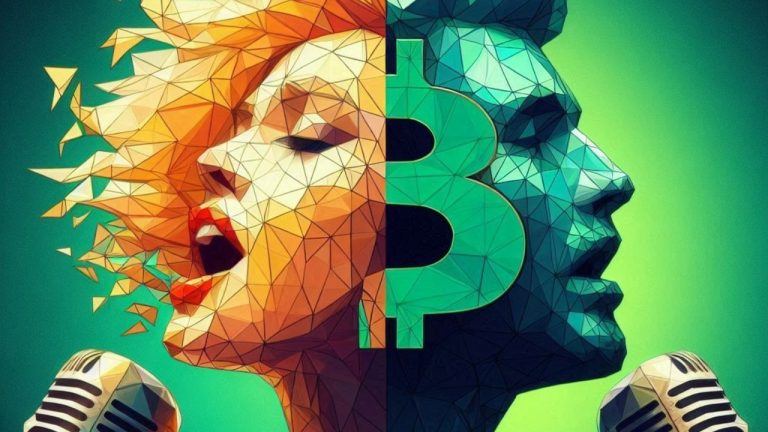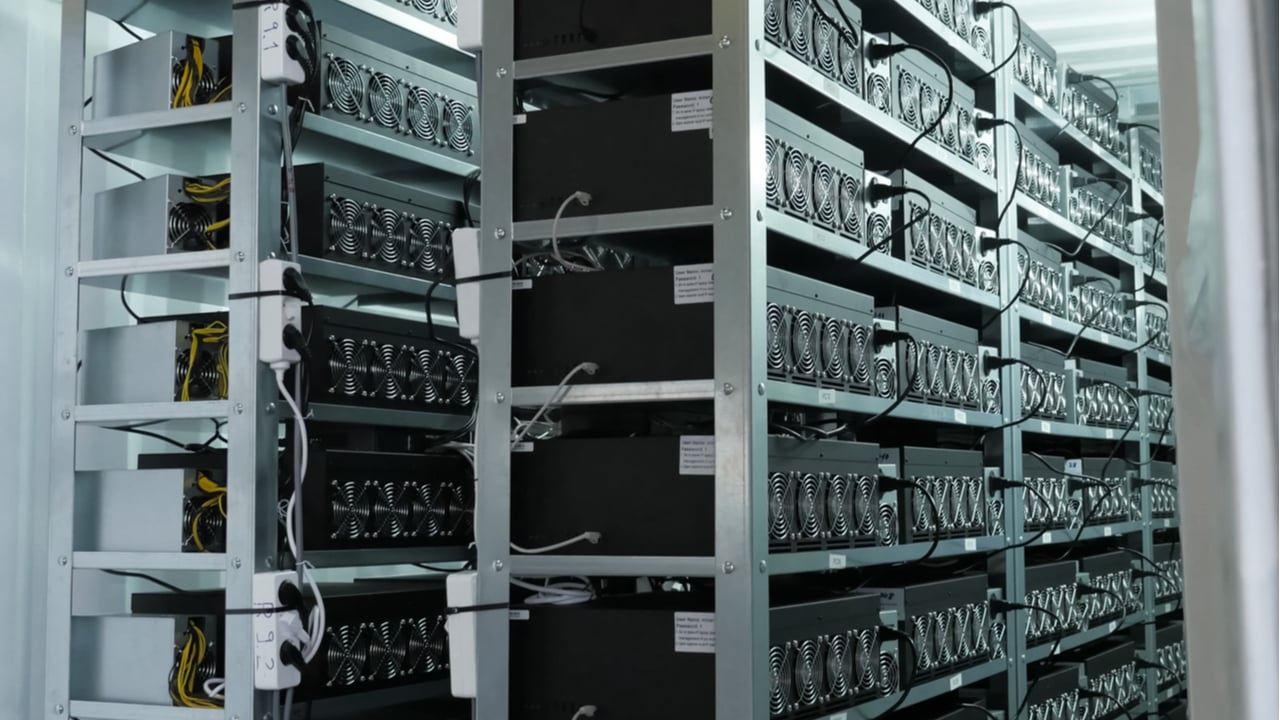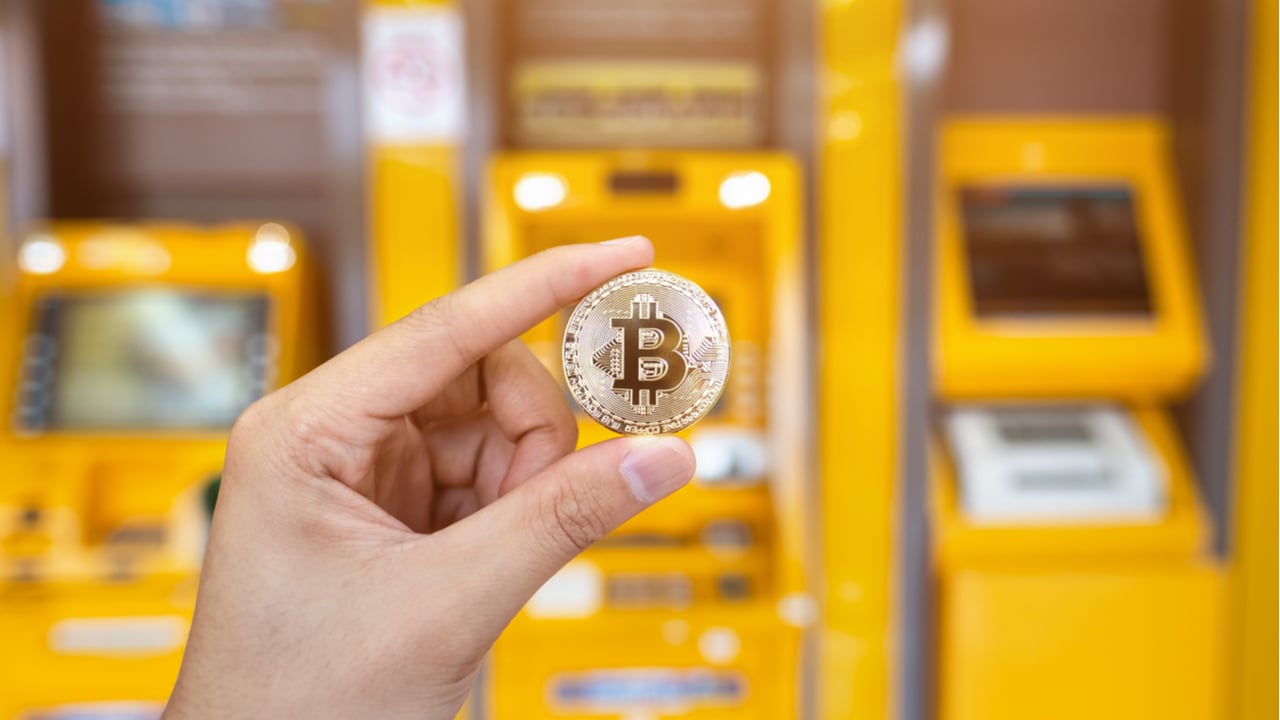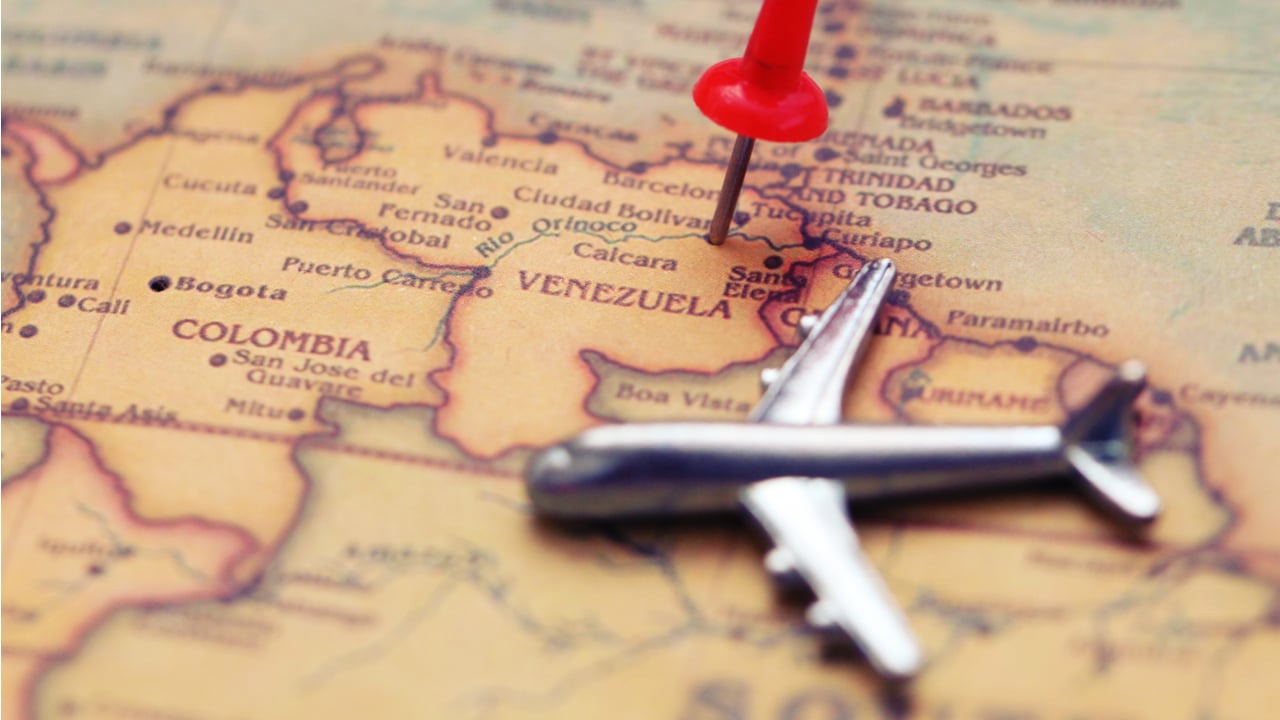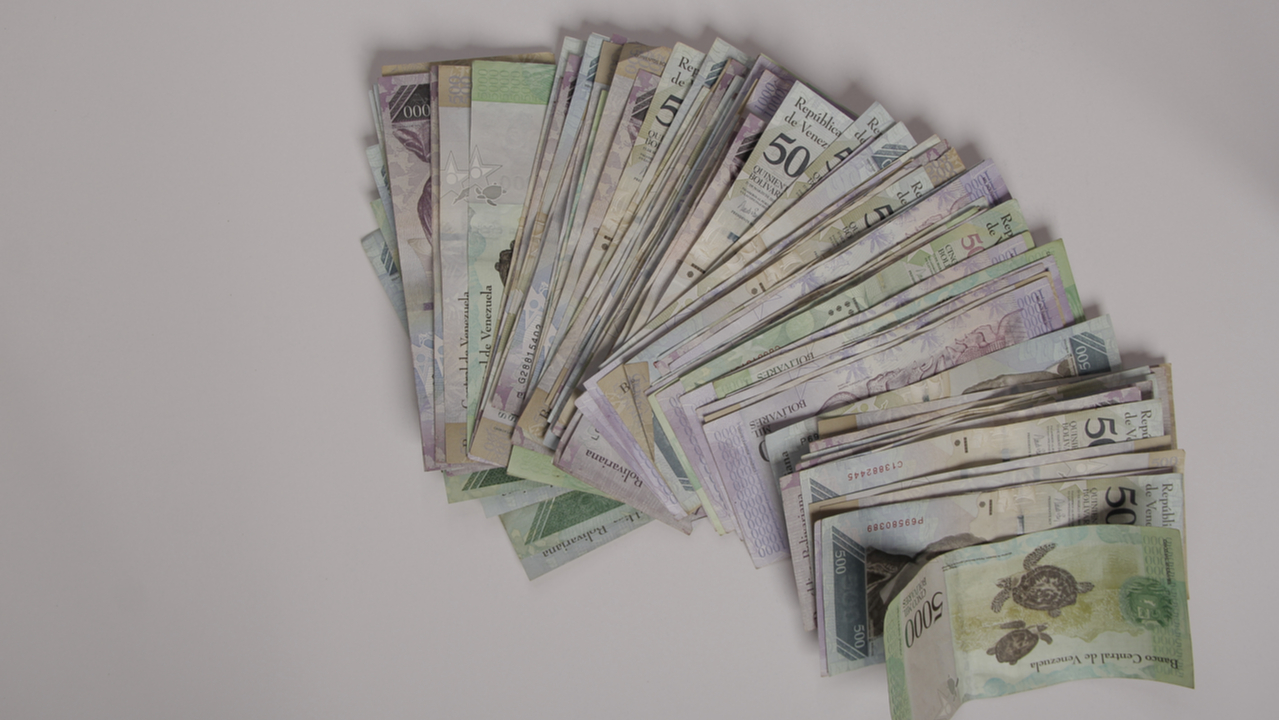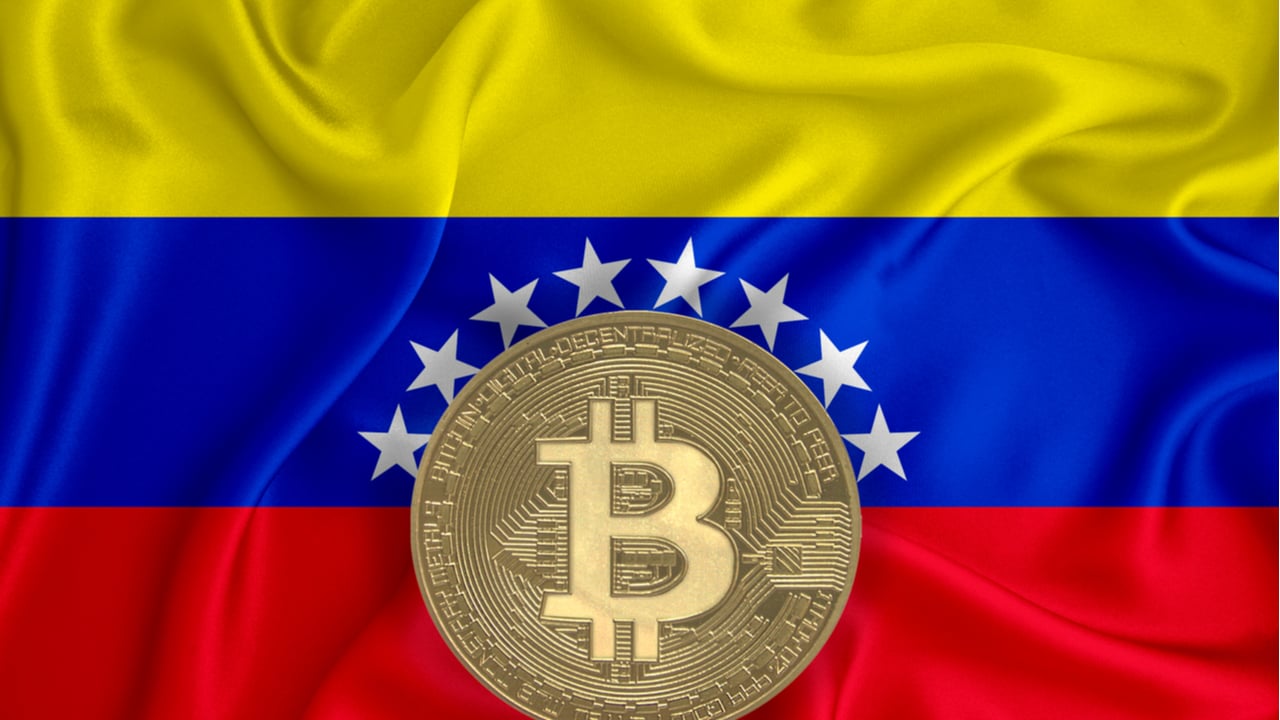
The initiative is a part of the La Guaira Digital program, which aims to fast-track growth and induce economic stability in the country.
A gubernatorial candidate from Venezuela has promised to offer scholarships for citizens interested to join the Technical Training Center for Mining and Administration of Digital Crypto Assets.
José Alejandro Terán, the aspiring governor who represents the country’s ruling party, started the initiative as a part of the La Guaira Digital program, which aims to fast-track growth and induce economic stability in the country.
As Cointelegraph Spanish reported, Terán’s training center will provide specialized training to the scholarship holders in nonfungible tokens (NFT), crypto mining and trading. Moreover, the drive will be supported by four entities, namely the National Superintendence of Cryptoassets (SUNACRIP), Axie Infinity Academy, the political group Independientes con Terán and the youth of the United Socialist Party of Venezuela (JPsuv).
In addition to the scholarship initiatives for learning crypto, the candidate for governor envisions the generation of “a thousand jobs” through this proposal:
“I feel that by helping young people build multiple sources we ensure economic stability for their families. 1000 jobs in a year, write it down!”
Terán also promised that the training, powered by Axie Infinity academy will include the installation and repair of networks and the mining of cryptocurrencies and crypto trading. According to data sourced by Chainalysis, Venezuela stands as the seventh country in the Global Crypto Adoption Index.
Related: Latin America stands to benefit most from crypto, says Uphold exec
The CEO of crypto investment platform Uphold, JP Thieriot, recently spoke to Cointelegraph about the growing Bitcoin-based use cases for the Latin American market.
According to the entrepreneur, El Salvador’s mainstream Bitcoin (BTC) adoption has had a domino effect in expediting crypto adoption in the surrounding regions including Venezuela and Colombia.
Thieriot also believes that crypto adoption makes more sense for smaller economies instead of creating an in-house central bank digital currency (CBDC).
